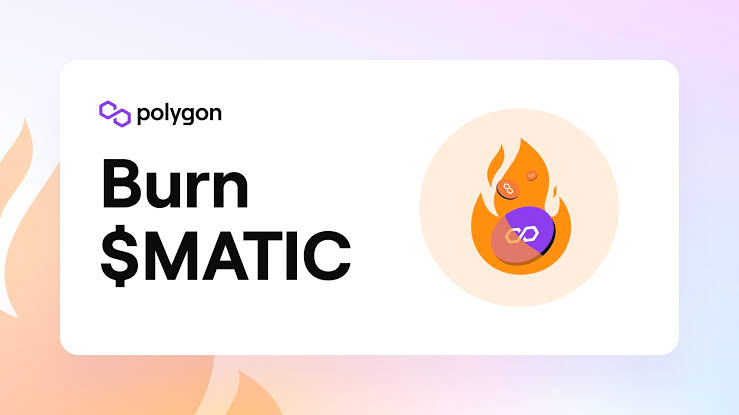Polygon has introduced two new capabilities for its platform, including mobile burning capabilities for $MATIC tokens and a whole new Polygon Token Lists service, after a teaser tweet.

Polygon teased its fans about two huge items coming out soon, as well as clues at its multichain environment, leaving the community guessing what it could be about.
Following this teaser tweet, Polygon quickly released an integrated build of the MATIC burn console for its mobile app, making MATIC deflationary and reducing the number of tokens in the ecosystem.
The MATIC burn console, which was released a few weeks ago, is now available for Polygon’s mobile wallet suite, replete with a new UI aimed at providing customers with a seamless and straightforward experience.
Burning MATIC tokens is an excellent method to contribute to the MATIC ecosystem, according to Polygon, who forecasts that 0.27 percent of total supply will be burned each year.
The deflationary properties of Polygon’s MATIC tokens will cause more tokens to be burned, bringing the protocol’s ecosystem into balance.
This will also result in better predictions in terms of gas costs considering token burns and smart contract implementations for executing them are in place to ensure that gas prices do not fluctuate above a set, viable level.
According to Polygon, validators and delegators would also receive better offerings due to MATIC’s deflationary nature, which means that tokens supplied to them in exchange for their services will gain more value over time.
Polygon Token Lists is the second release, and it will allow Polygon to check out reputable token investment options while also giving token producers a platform to be visible to the crypto market they are intending to service. Users only need to use Polygon Bridge and pick their preferred tokens from the “Manage Token Lists” option.
Polygon (previously Matic Network) is the first Ethereum scaling and infrastructure development platform that is well-structured and easy to use. Polygon PoS usage increased last year, with over a billion transactions processed.
More than 130 million unique addresses and 2.67 million monthly active users power the network, which generates 3 million transactions each day, more than double Ethereum’s volume.